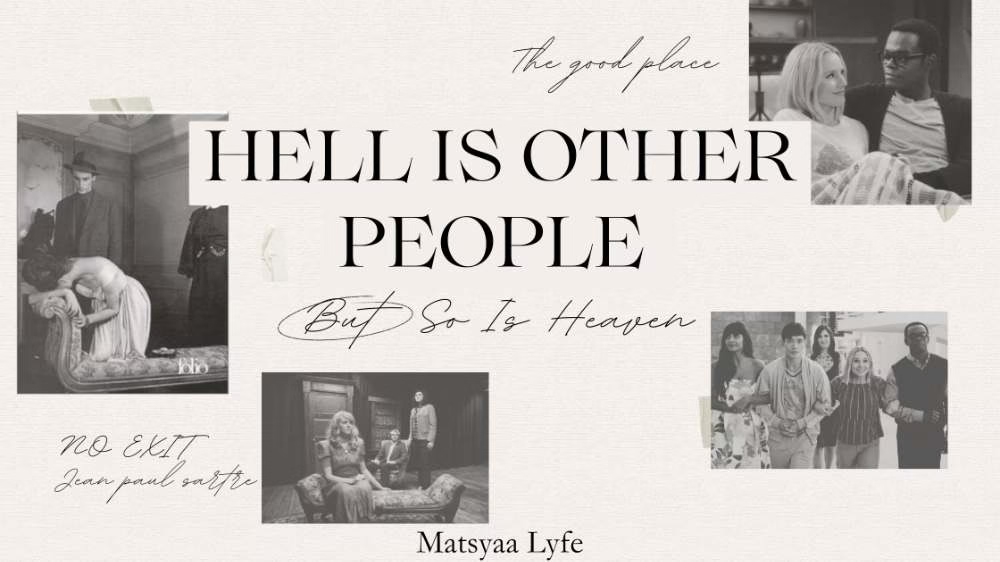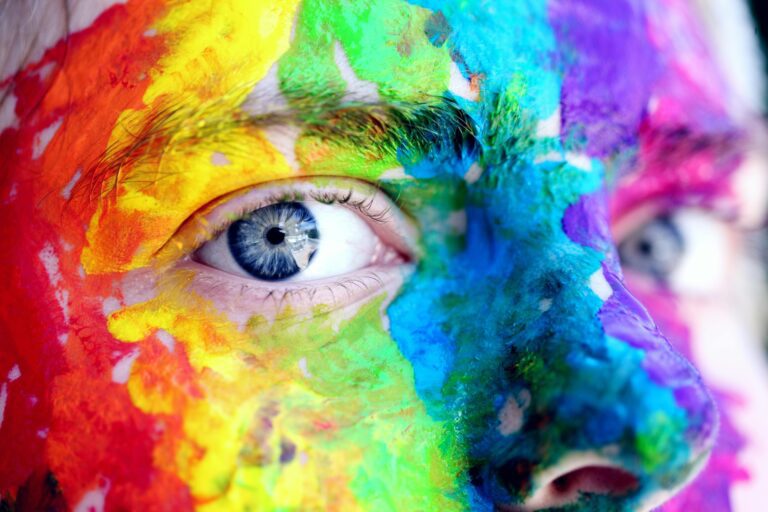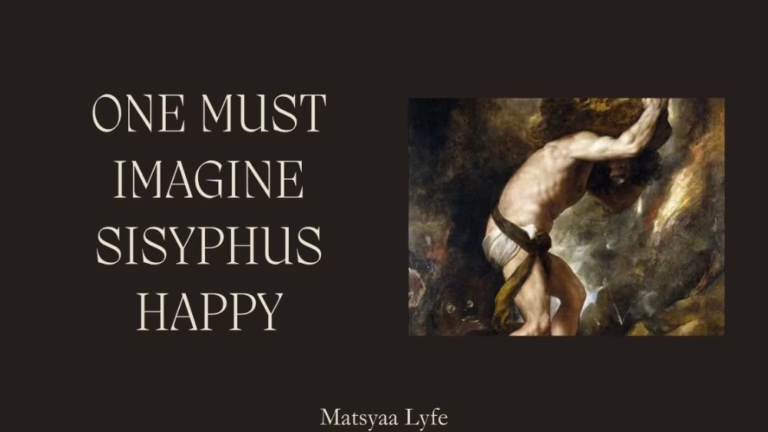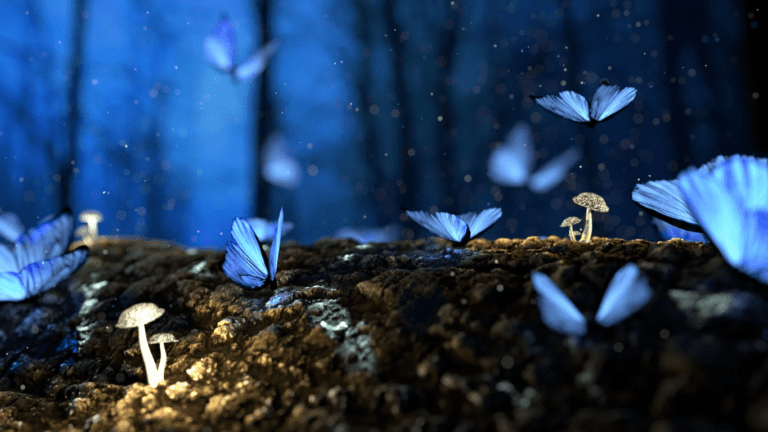Hell Is Other People (But So Is Heaven)—Sartre’s No Exit & The Good Place
Table of Contents
INEZ: Wait! You’ll see how simple it is. Childishly simple. Obviously there aren’t any physical torments—you agree, don’t you? And yet we’re in hell. And no one else will come here. We’ll stay in this room together, the three of us, for ever and ever.…In short, there’s someone absent here the official torturer.
GARCIN [sotto voce]: I’d noticed that.
INEZ: It’s obvious what they’re after—an economy of manpower—or devilpower, if you prefer. The same idea as in the cafeteria, where customers serve themselves.
ESTELLE: What ever do you mean?
INEZ: I mean that each of us will act as torturer of the two others.
—Huis Clos, Jean Paul Sartre
Have you ever wondered what the afterlife consists of? From the dichotomy of Heaven and Hell to the endless cycle of birth and death until liberation. Is it a place? It is something suspended between places like an abstract concept made up only of souls and memory? Is it just a human construct? And most importantly, if Heaven and Hell even exist, what are they?
No Exit by Jean Paul Sartre
Jean Paul Sartre had written the play Huis Clos, translated in English as No Exit, which is about three people who meet each other in an afterlife where there is no one but them in a room. This trio includes a man named Garcin and two women named Estelle and Inez. A valet brings them to the room and then they are left there for eternity.
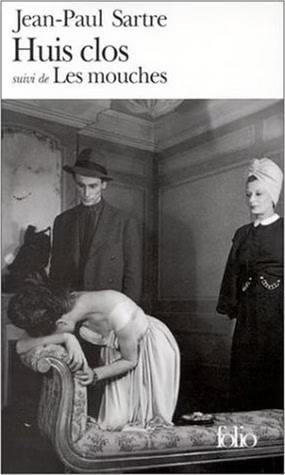
They wonder who their torturer is supposed to be. None of them is even for a second mistaken that they would have ended up in Heaven. They know that this must be Hell. But they are confused when they see no tools of torturer—no hot irons or chains or sharp knives.
At first Garcin thinks that the real torture is the fact that he will have to stay like this, unable to rest or sleep or even blink his eyes forever. When Inez comes in, she thinks that the torture is separation from her lover, Florence. They both find each other unbearable, even though they try to keep out of each others way. Estelle comes and thinks that the place itself, with its ugly sofas and it’s dull colors is the torture.
ESTELLE:…But why, why should we of all people be put together?
Eventually, though, they figure out that no tools are required, and that it is not their environment that is their torture chamber. They realize that it is each other that they are meant to torment just by being there. Garcin wants solitude, Inez wants Estelle, and Estelle wants Garcin. Each of them become each other’s executioner by just being there. Their wishes and desires are so at odds with those of the other two’s that they cannot live together in peace.
INEZ: Wait! You’ll see how simple it is. Childishly simple. Obviously there aren’t any physical torments—you agree, don’t you? And yet we’re in hell. And no one else will come here. We’ll stay in this room together, the three of us, for ever and ever.…In short, there’s someone absent here the official torturer.
GARCIN [sotto voce]: I’d noticed that.
INEZ: It’s obvious what they’re after—an economy of manpower—or devilpower, if you prefer. The same idea as in the cafeteria, where customers serve themselves.
ESTELLE: What ever do you mean?
INEZ: I mean that each of us will act as torturer of the two others.
When Garcin suggests that they all simply sit in silence and ignore each other, the two women start talking and insist on including him in the conversation. When Inez tries to woo Estelle, Garcin’s presence becomes a thorn in the side that lures Estelle away from Inez and leaves her jealous and resentful. Garcin does not feel any romantic inclination towards Estelle, and her pursuit of him only manages to frustrate everyone.
In a nutshell, they are trapped together in a never ending cycle of envy, anger and resentfulness. This is the only Hell there is.
Hell Is Other People
GARCIN: This bronze. [Strokes it thoughtfully.] Yes, now’s the moment; I’m looking at this thing on the mantelpiece, and I understand that I’m in hell. I tell you, everything’s been thought out beforehand. They knew I’d stand at the fireplace stroking this thing of bronze, with all those eyes intent on me. Devouring me. [He swings round abruptly.] What? Only two of you? I thought there were more; many more. [Laughs.] So this is hell. I’d never have believed it. You remember all we were told about the torturechambers, the fire and brimstone, the “burning marl.” Old wives’ tales! There’s no need for red-hot pokers. Hell is—other people!
The biggest hell is the people we cannot reconcile ourselves with. There are all kinds of people in this world and some of them fit together in ways that seem natural. These people complement each other and enhance each other’s best features. Whereas, there are also some people who are not compatible with each other. They cannot come together in a way that is not painful and emotionally toxic for each of them.
They are like two puzzle pieces that just can’t fit and end up being miserable when forced to try. Inez, Garcin and Estelle are such a combination of people that are just not compatible with each other. As soon as any two reach some sort of middle ground, the third is there to bring them all back to square one. As soon Inez and Estelle start forming a connection, Estelle’s attraction for Garcin makes Inez jealous and they are at a crossroads again.
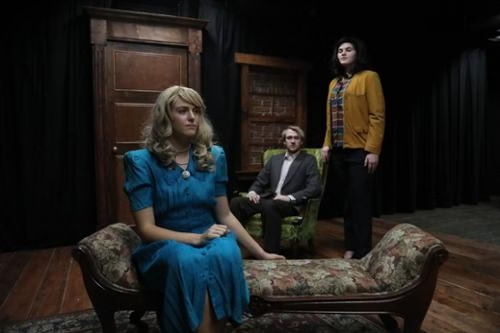
As soon as Estelle and Garcin try to find a common ground, Inez comes up with something that makes Garcin realize that he doesn’t want anything to do with Estelle. Just as Garcin and Inez are forming a friendship based on mutual understanding, Estelle gets angry and tries to get in between.
The three of them become together each of their torturers. It doesn’t mean that they are doing everything on purpose, or that they are evil and want the others to suffers. They simply are being themselves and their natures conflict with those of the others.
The only Hell is being stuck with people who one is not compatible with. These people hold you back without ever realizing it. It doesn’t make it their fault or your fault. It is the fault of the situation which you are put in.
But the important thing to remember is this.
If Hell is other people, then so is Heaven.
If Hell is nothing other than having to live with people you cannot understand and respect, then Heaven must be the opposite. It must be spending time with people who understand you and bring out the best in you.
The Good Place
“The point is, people improve when they get external love and support. How can we hold it against them when they don't?"
-Michael, The Good Place, 4X08
The good place is one of the most beautiful and clever TV shows I have watched. It revolves around the most basic of our philosophical principles about life in a subtle, engaging and humorous way.
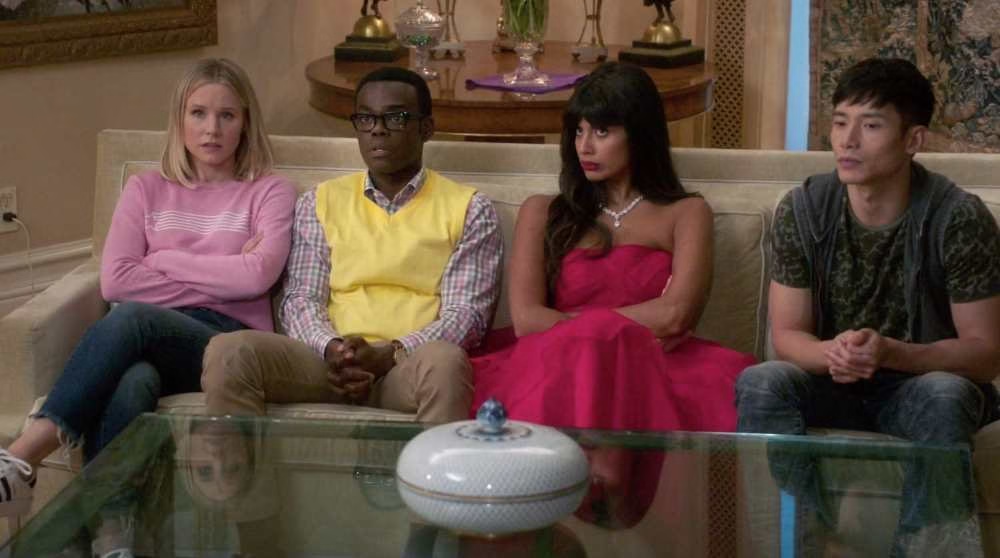
Eleanor Shellstrop had been a selfish, mean and rude woman all her adult life. She took advantage of her friends, was rude to strangers, and thought only about herself. But when she dies in an accident, she finds herself in a place that is called The Good Place. Michael, the being that introduces her to the afterlife, tells her that he is the architect of the neighborhood she will spend eternity in, and that she has arrived here because of all the good that she did on earth.
Eleanor knows that this must be a mistake. She did not do any of the things that Michael thinks she did, but she doesn’t want to go to The Bad Place so she plays along. From there it becomes a struggle to hide the truth and pretend to be someone she isn’t.
She finds her soulmate, Chidi Anagonye, a philosophy professor who finds out about the truth and tries to help her become a good person by teaching her morality. She also finds Jason, a mistake of the system just like her who came to The Good Place instead of a Buddhist monk. Jason’s soulmate Tahani was a philanthropist on earth who spent most of her time in charity events and awareness drives.
“Why choose to be good every day if there is no guaranteed reward we can count on, now or in the afterlife? I argue that we choose to be good because of our bonds with other people and our innate desire to treat them with dignity. Simply put, we are not in this alone.”
The plot twist arrives! This is not The Good Place at all. None of them are actually were supposed to end up in The Good Place or Heaven. Eleanor was selfish and a fraud, Chidi’s decision paralysis made everyone around him miserable, Jason was impulsive and acted without thinking in ways that created chaos, and finally, all the good deeds Tahani did were to prove herself to her parents and in a twisted competition to get ahead of her overachieving sister.
These four people are as different as they can be and at first they act just like Garcin, Inez and Estelle do. They unconsciously act as each other’s torturers, along with the environment they are put in. They are chosen specifically to torture the others. Their natures conflict with each other and lead them into the same, never ending loop of psychological torture.
“If soulmates do exist, they're not found. They're made. People meet, they get a good feeling, and then they get to work building a relationship.”
Eleanor who has been straightforward and rude all her life having to pretend to be kind and good. Chidi, who cannot lie and is stressed by the barest hint of a crossroads, having to hide Eleanor’s truth from everyone. Jason having three people stop him from acting impulsively. And Tahani having to come second best again in every event or activity after being second to her sister her whole life.
But the story doesn’t end there. Eleanor realizes that they are all in The Bad Place. From there it is them against the system. There are many layers to the TV show and I won’t spoil them all for you, but over time these four people grow to love each other and accept each other in ways that no one had foreseen. They make each other better and grow out of their bad habits with help from the others.
They find love and friendship and trust in each other. They become each other’s Good Place.
Heaven Is Also Other People
"That's what the good place really is—it's not even a place, really. It's just having enough time with the people you love."
Chidi Anagonye, The Good Place, 4X12
The whole point of The Good Place boils down to this: People can grow for the better when they put into a fulfilling environment and along with other people who help them accept themselves.
The four main characters in The Good Place—Eleanor, Chidi, Jason and Tahani—have all ended up in some version of Hell. They are a social experiment the demons are running as they try to torture people in a new way. The demons tell them that they are in the Good Place instead of the Bad Place and watch them twist themselves over trying to pretend that they haven’t done anything wrong in their lives ask that they aren’t caught as impostors.
But they find love and friends in each other and they compliment each other in ways that make them a little more whole than they were before. Not in the sense that were incomplete before, but in the sense that being around each other makes them more authentic and real versions of themselves. They grow out of their bad habits and into someone can accept others and their own natures. They owe each other this.
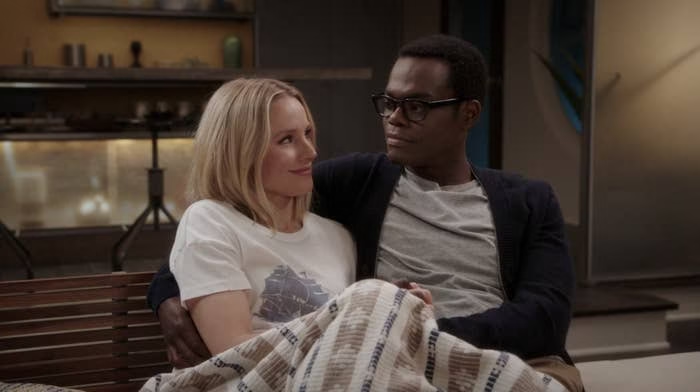
Sartre was right. There is no greater Hell than being trapped with people who make you miserable, consciously or unconsciously. But then, there is also no sweeter Heaven than having enough time in your life with people you love and trust.
But that’s only that side of the coin. The other side, which no one seems to mention, is also “Heaven is each other.” … Hell is separateness, uncommunicability, self-centeredness, lust for power, for riches, for fame. Heaven, on the other hand, is very simple—and very hard: caring about your fellow beings.
Jean Paul Sartre, 1971
If you liked reading this post, you can also read 9 Self-Reflection Practices to Try For a Month to reflect on yourself and find your Good Place by becoming other people’s Good Place.
